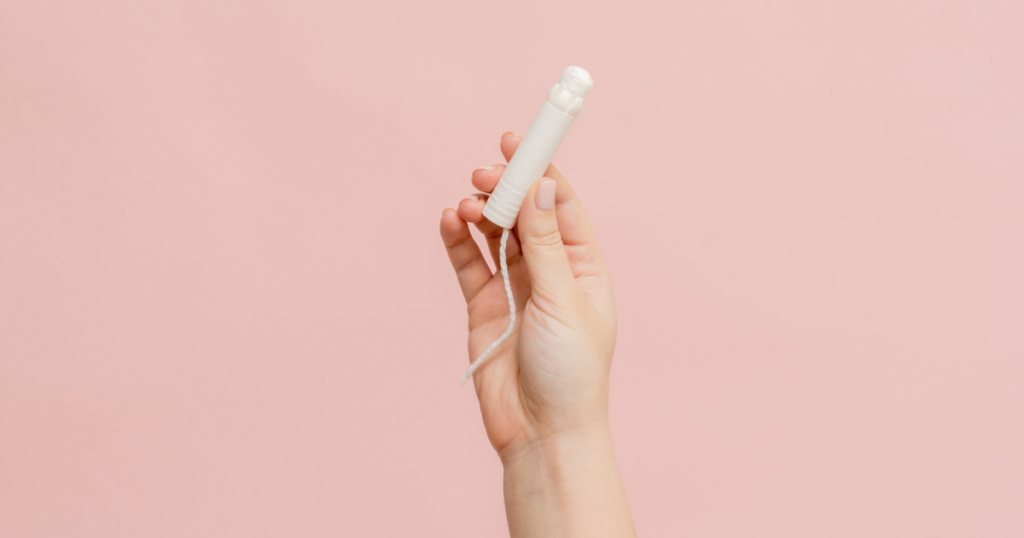Tampons have been a convenient, discreet menstrual product since the 1930s. About 70% of people who menstruate use tampons and can go through several a day or 20 per cycle. However, researchers have discovered metals present in 14 mainstream tampon brands. Sixteen potentially toxic metals, including measurable concentrations of arsenic, lead, cadmium, mercury and nickel, were detected in 30 tampons tested.
The study didn’t name the tampon brands, but the researchers chose popular brands from online retailers and brick-and-mortar stores. Both organic tampons and non-organic tampons were tested for heavy metals. Researchers noted that non-organic tampons had a higher level of lead and organic had higher levels of arsenic.
How did heavy metals get in tampons?
“It most likely has to do with the manufacturing process,” says Nebraska Medicine OB-GYN Jennifer Griffin Miller, MD. “The cotton and cardboard applicators used may have been inadvertently exposed. Metals can sometimes be used in tampons for odor control, antimicrobial purposes, and lubrication.”
Water, soil and air can all transfer heavy metal, exposing plant-based materials (cotton, rayon or both) in tampons during the growing process. This also includes store and name-brand tampons, organic tampons and tampons with plastic applicators.
Should I be concerned?
“The most important take home is that this research study was designed to see if heavy metals were present in tampons,” says Dr. Griffin Miller. “Right now, we have no data to determine if the presence of these metals causes negative health effects or how much is being absorbed.”
The study measured heavy metals but not if tampon users were exposed to these metals. The vaginal epithelium can absorb medications, but whether or not metals in tampons can be absorbed into the body has yet to be determined.
“The question is: How much of this can be absorbed, if at all, from a tampon? In our food and other things we consume, trace metal levels can be considered non-harmful to humans. This is just a preliminary assessment, and more research needs to be done.”
If someone who uses tampons is concerned about metal absorption, there are other menstrual products to consider, such as period underwear and menstrual cups.
“If people aren’t wanting to use tampons, silicone menstrual cups are getting more popular, and they’re a safe alternative. Generally speaking, avoiding tampons, pads and lubricants that are odor-absorbing or fragranced is best because they don’t have additional chemicals. But at this point in time, I wouldn’t suggest using regular tampons is a public health concern.”
Dr. Griffin Miller says she’s never had a patient with lead poisoning or symptoms of exposure to toxic metals related to tampons. Toxic metals in tampons also have nothing to do with toxic shock syndrome, which is bacteria-related.
What will be the impact of this study?
The Food and Drug Administration classifies tampons as a medical device, meaning they’re regulated, but testing for harmful chemicals isn’t required. The FDA only requires no presence of pesticide residue or environmental pollutant dioxide. Data on the long-term effects of tampon use, the health of consumers and how to improve menstrual products is lacking currently.
“This will give researchers more to look into and provide consumers more data in the future,” says Dr. Griffin Miller. “It’s important because people want to use safe products that won’t pose potential harm or future health risks. We’ll have to keep our eye on this.”

